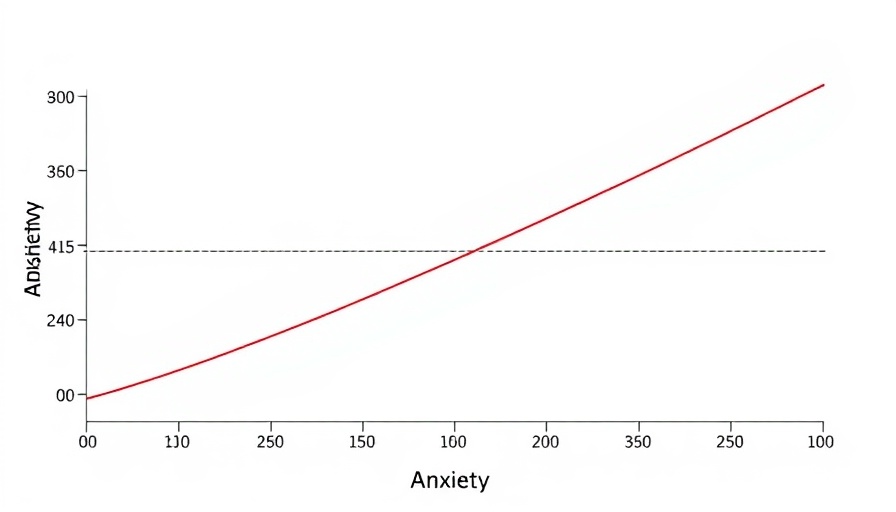
How Dietary Fiber Intake Can Impact Brain Health
Recent research has shed light on the vital link between dietary fiber and brain health, particularly focusing on the hippocampus, an area crucial for memory and emotional regulation. A study conducted with 190 healthy adults revealed a positive correlation between dietary fiber intake and gray matter volume in the right hippocampus and right parahippocampal gyrus. This finding suggests that incorporating more fiber into our diets could potentially support brain function and may serve as a protective factor against neurodegenerative diseases like Alzheimer's.
The Connection Between Fiber Intake and Cognitive Function
Cognitive decline has become a pressing concern as more individuals are affected by dementia. With over 55 million people currently living with dementia worldwide, understanding the precursors to cognitive impairment is essential. The exploratory study aligns with a growing body of research suggesting that dietary factors, especially fiber, may play a pivotal role in maintaining cognitive health over time. Participants in the study whose diets were rich in fiber showed not only better gray matter volume but also improved attention and language abilities as measured by the MoCA test.
Implications for Nutritional Guidance and Longevity
As we delve deeper into the implications of these findings, it's clear that dietary recommendations could benefit significantly from emphasizing fiber-rich foods. Foods high in dietary fiber, such as fruits, vegetables, legumes, and whole grains, not only promote gut health by nurturing our microbiota but may also enhance cognitive function, providing neuroprotective benefits.
Addressing Misconceptions About Aging and Diet
Many people believe that cognitive decline is an unavoidable part of aging, yet evidence indicates that dietary choices can mitigate this risk significantly. The idea that aging is synonymous with memory loss is a misconception that can lead individuals to feel helpless as they grow older. By implementing dietary strategies focused on fiber intake, individuals can actively participate in their cognitive health.
Practical Steps for Increasing Fiber in Your Diet
For those looking to boost their fiber intake and potentially safeguard their cognitive health, here are some actionable steps:
- Start your day with a high-fiber breakfast; consider oatmeal topped with nuts and fresh fruit.
- Incorporate more legumes, such as beans, lentils, and chickpeas, into meals.
- Snack on fruits and vegetables—aim for a colorful plate to maximize nutrient diversity.
- Choose whole grains over refined grains; opt for brown rice, quinoa, and whole grain bread.
The Role of Diet in Aging and Brain Health: Looking Ahead
As research continues to evolve, the emphasis on understanding how diet influences brain health becomes increasingly clear. Experts predict that nutritional interventions will play a pivotal role in addressing aging-related cognitive decline. Integrating dietary fiber and other beneficial nutrients, such as omega-3 fatty acids and antioxidants, can contribute to a more robust approach to longevity and wellness.
Conclusion: Empowering Your Dietary Choices for a Healthier Future
Enhancing one’s diet is an empowering step towards sustaining cognitive health and combatting the effects of aging. Incorporating dietary fiber may not only benefit your gut health but also protect your brain. Consider these insights as you navigate your nutrition journey, and remember, every small change can lead to significant health benefits.
 Add Row
Add Row  Add
Add 




 Add Row
Add Row  Add
Add 


Write A Comment